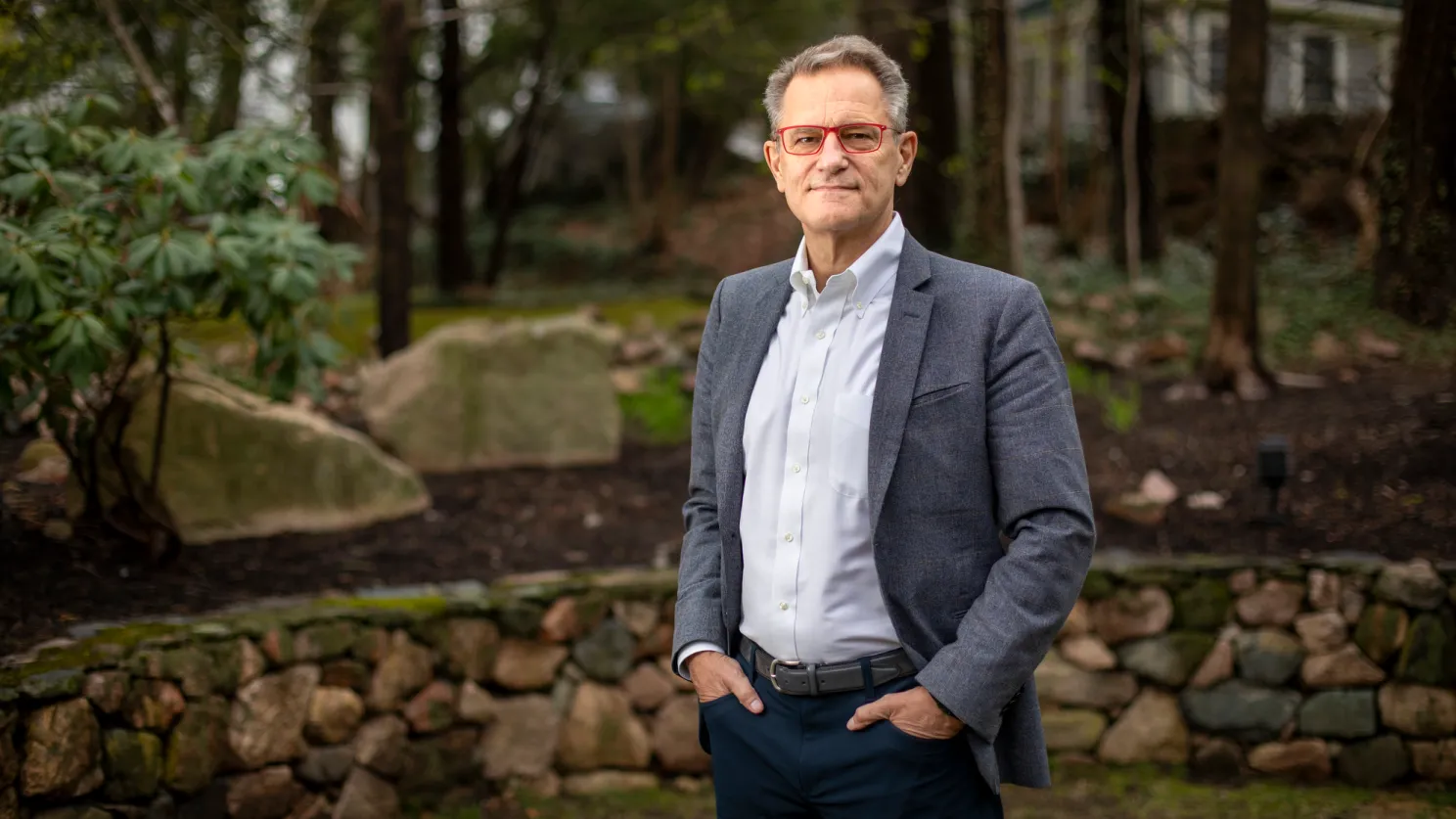
Riskier to know — or not to know — you’re predisposed to a disease?
‘DNA isn’t a crystal ball for every kind of illness’ but potential benefits outweigh fears, says geneticist, Robert C. Green, MD, MPH.

‘DNA isn’t a crystal ball for every kind of illness’ but potential benefits outweigh fears, says geneticist, Robert C. Green, MD, MPH.

Screening can now determine their risk for an ever-growing list of conditions — including ones we can’t do much about.
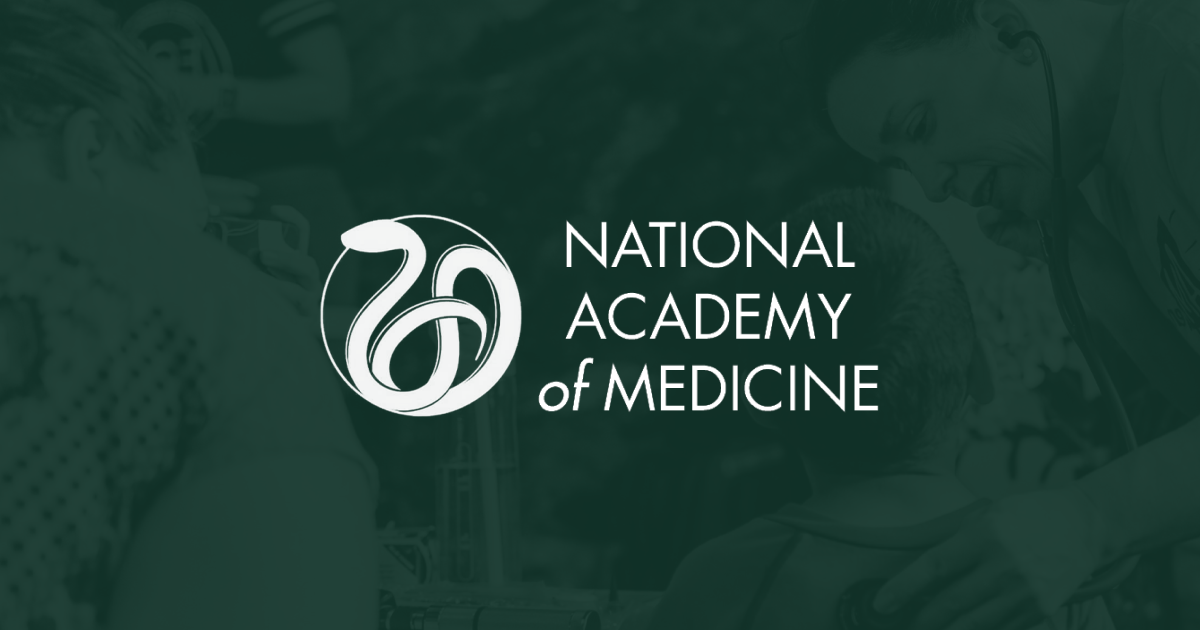
The National Academy of Medicine (NAM) has selected 11 individuals for the 2025 class of the NAM Scholars in Diagnostic Excellence program. Funded by the Gordon and Betty Moore Foundation, this collaborative program in partnership with the Council of Medical Specialty Societies (CMSS) offers a one-year, part-time experience for exceptional health professionals to advance their diagnostic … Continued

Researchers hope the new list of identifiable conditions—treatable during or after pregnancy—will help families prepare for what’s ahead and give their babies the best possible start.

“The ability to diagnose and treat nearly 300 actionable genetic conditions in fetuses and newborns marks a significant milestone in modern medicine. From traditional heel stick tests to cutting-edge genomic sequencing, these advances empower families with critical information and life-saving options. As research continues to evolve, integrating these technologies into routine prenatal and neonatal care … Continued
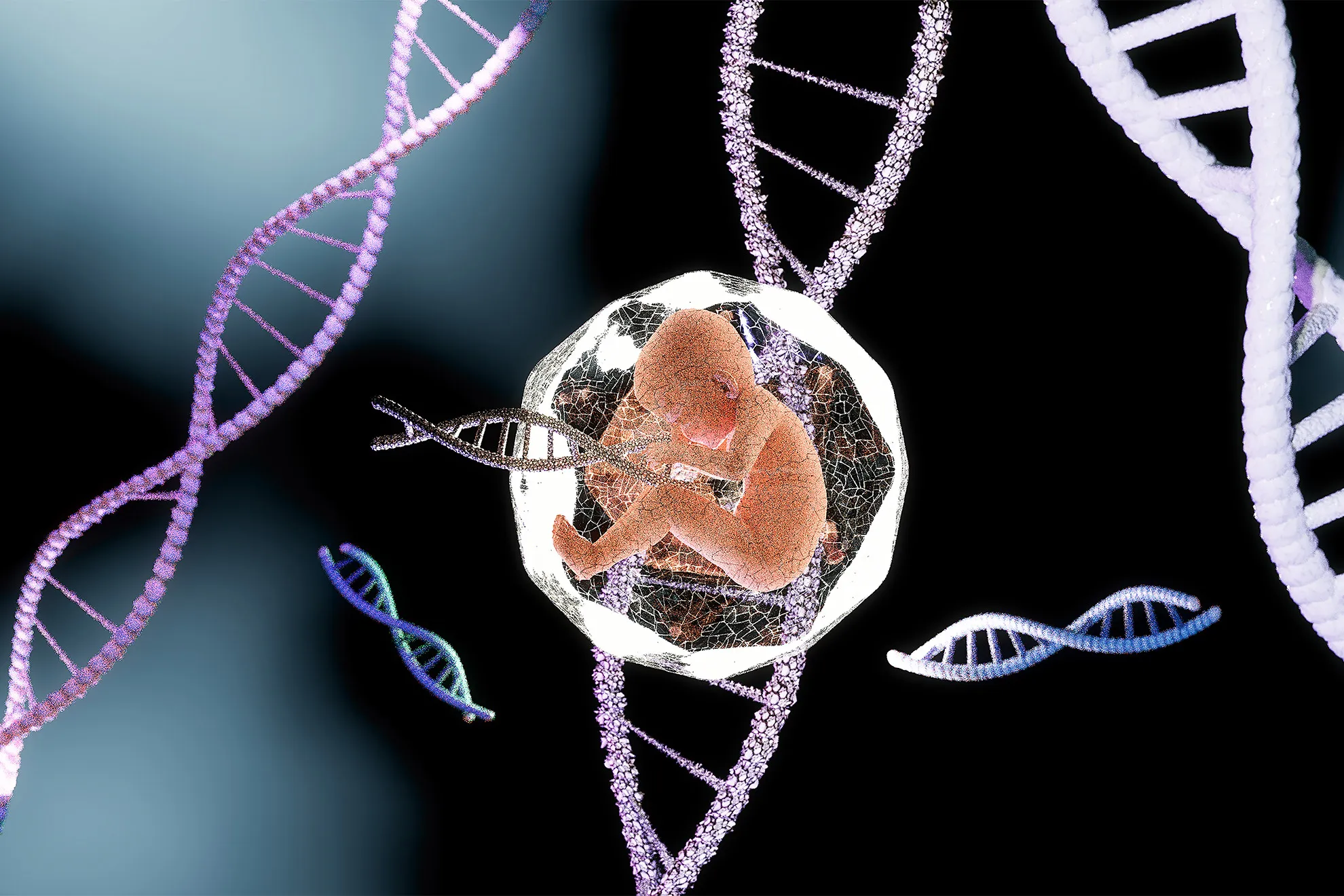
“We saw a critical gap in prenatal care and an opportunity to define the genetic disorders that are treatable during this time,” said senior author Nina Gold, director of Prenatal Medical Genetics at Massachusetts General Hospital and an assistant professor of pediatrics at Harvard Medical School. “These conditions are actionable — meaning that, empowered with … Continued
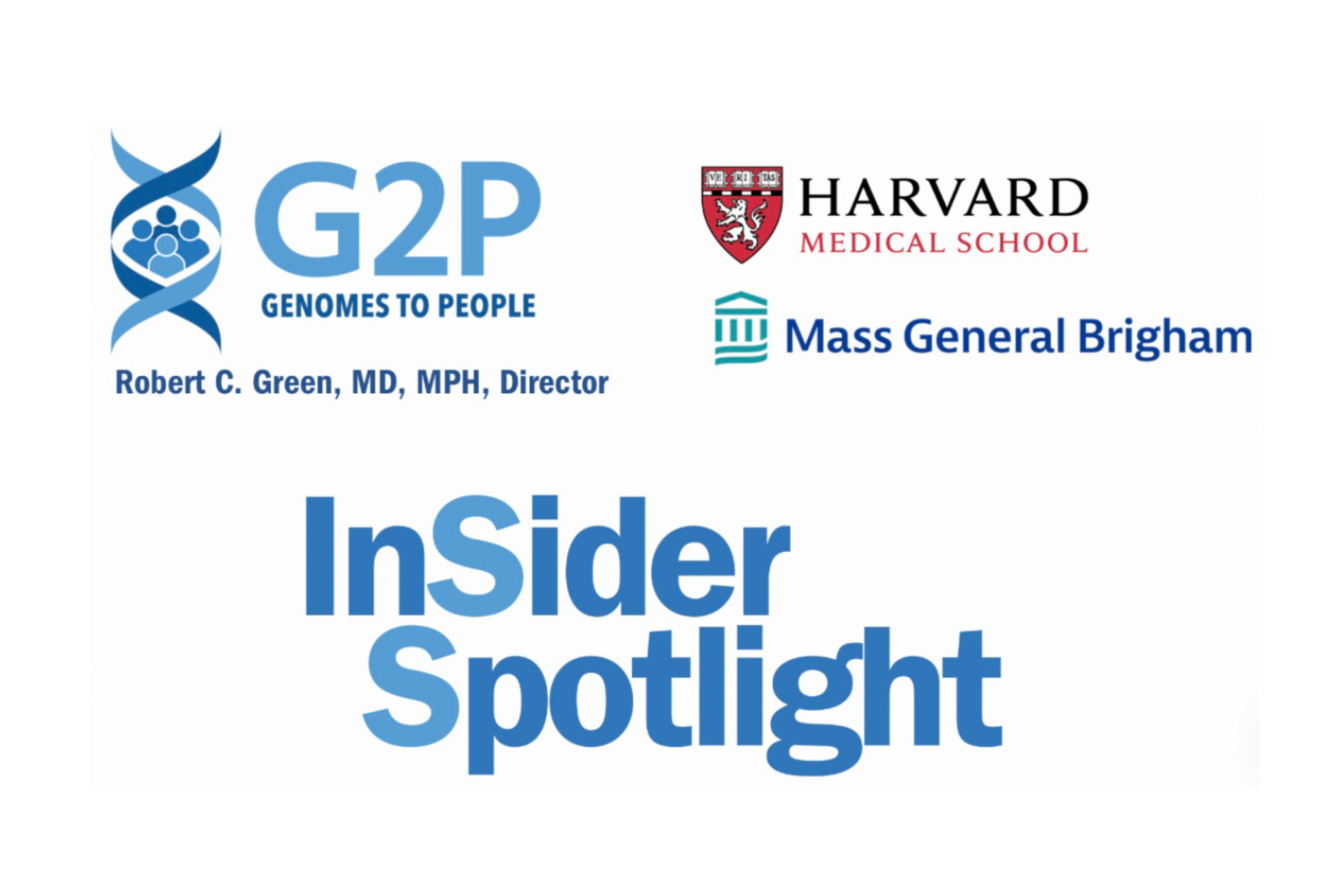
BabySeq is everywhere! This G2P newsletter highlights several upcoming speaking engagements where G2P team members and collaborators will be presenting on the latest newborn sequencing research. Nina Gold, MD and Julie Yeo will be presenting on their recent work at ACMG 2025 in LA. Robert C. Green, MD, MPH will be speaking at NextMed Health, … Continued
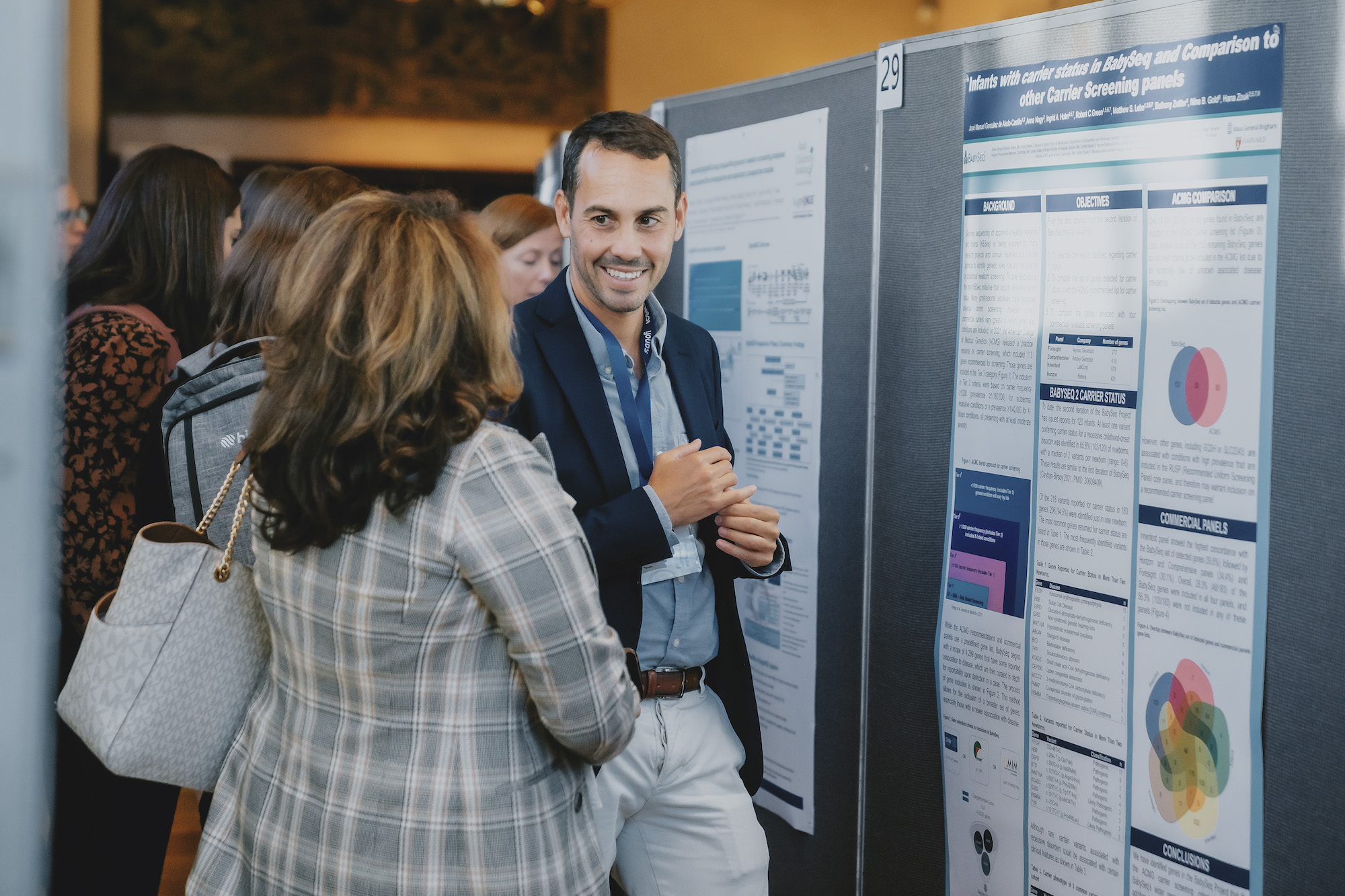
José Manuel González de Aledo Castillo, PhD reflects on his experience rotating with the Genomes2People research program and working on the BabySeq project for a year as part of the IFCC Professional Exchange Program (PSEP). During his rotation, he supported recruitment, genomic analysis, and return of results for the BabySeq project. He also presented results … Continued
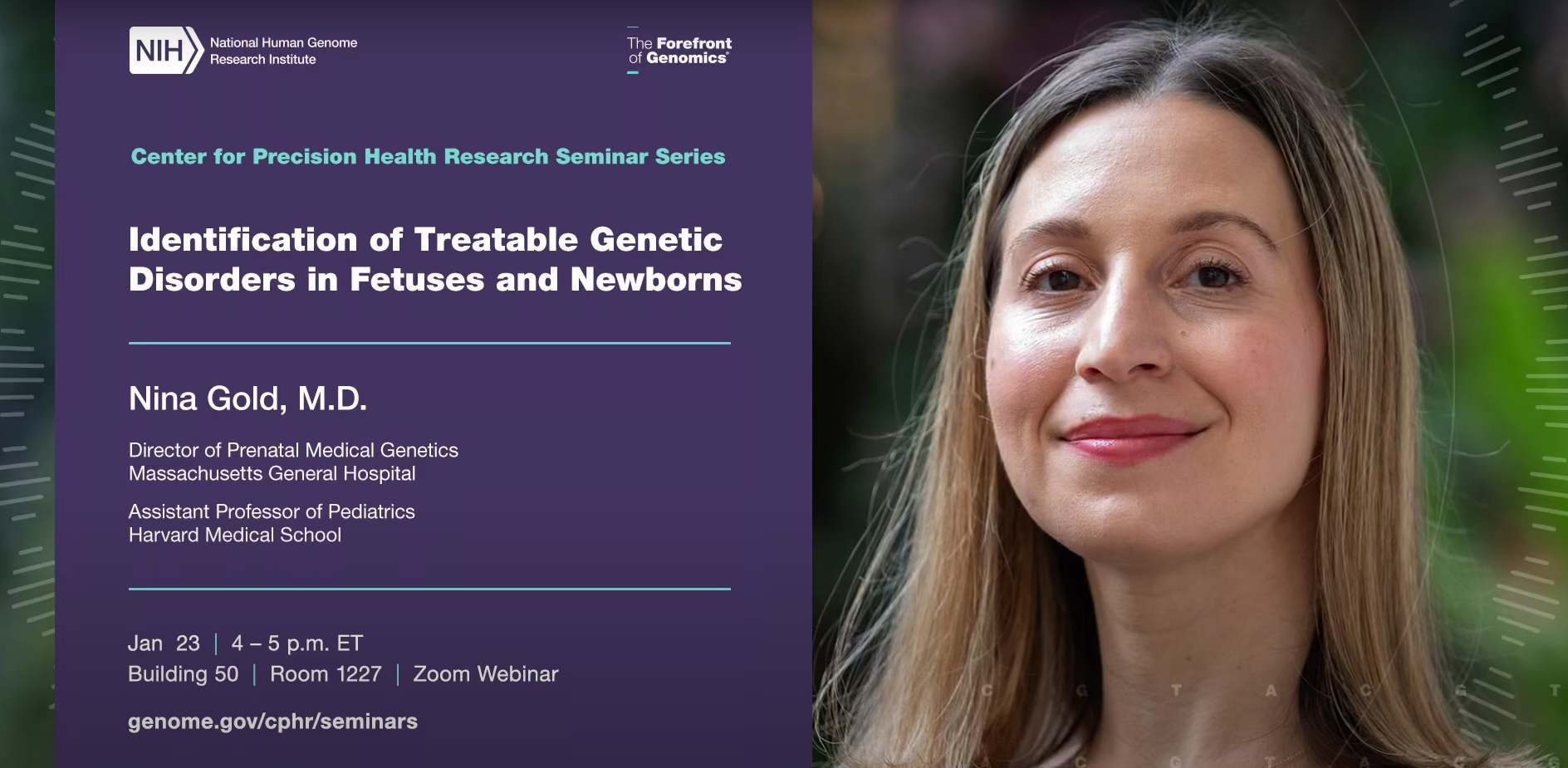
Over the past decade, genomic sequencing has become a tool for understanding the genetic underpinnings of sonographic abnormalities detected during pregnancy. However, many genetic conditions do not cause detectable physical changes, but can still have profound implications for the health of the fetus or newborn. In this talk, Dr. Gold will discuss a proposed framework … Continued
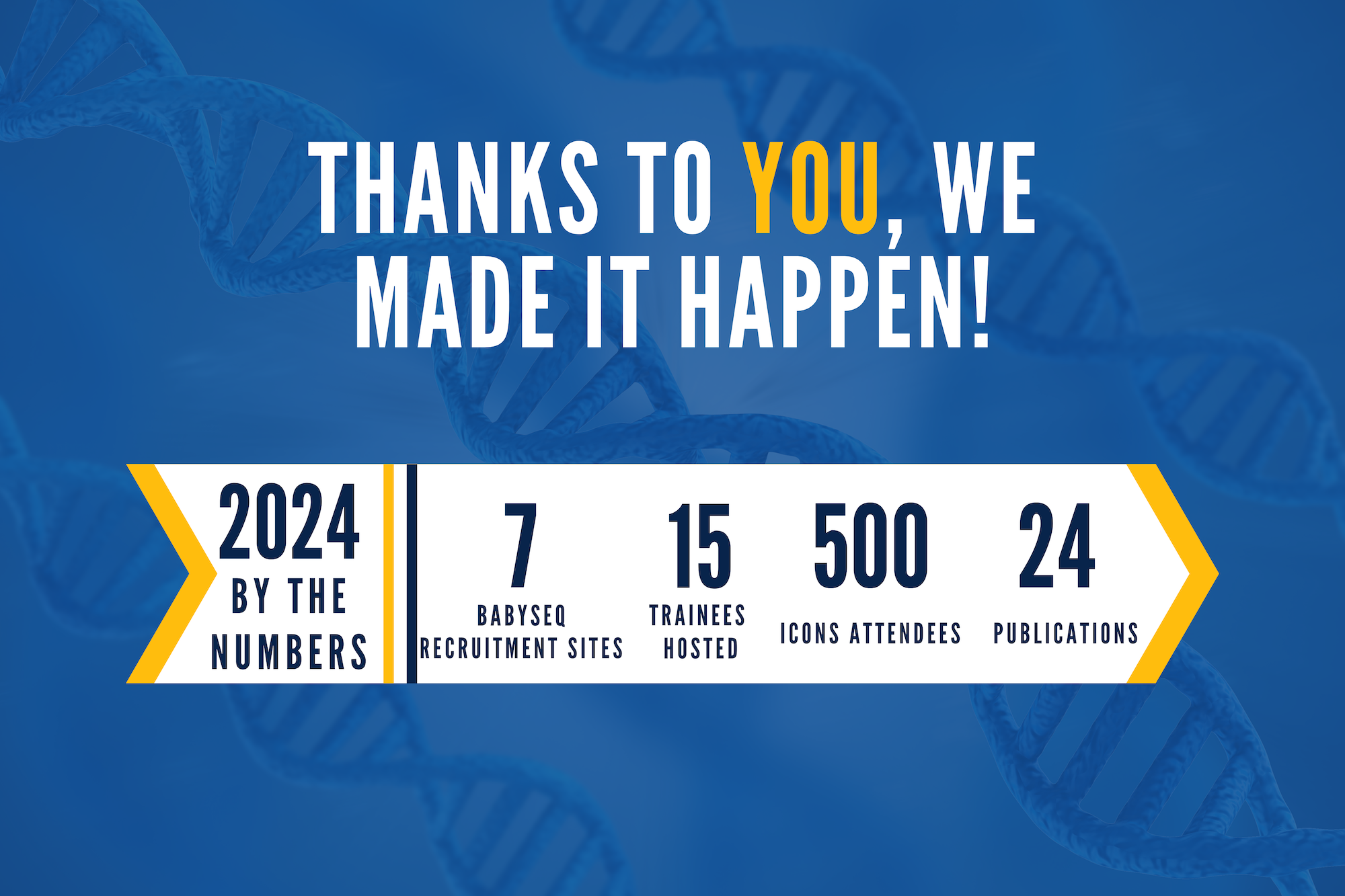
Thanks to you, we made it happen! Extending a heartfelt thank you for your support of the Genomes2People Research Program in 2024. This newsletter highlights milestones in 2024, including expanding the BabySeq project to 7 sites nationwide, hosting 15 research trainees, contributing to a successful International Conference on Newborn Sequencing, and completing the first ever … Continued

Robert Green, MD, MPH was interviewed by Gulf Times at the recent Precision Medicine and the Future of Genomics (PMFG) Summit in Doha, Qatar. Dr. Green discusses findings from the BabySeq Project and the potential for Qatar to be leader in genomics and precision medicine.

Bethany Zettler, MS, CGC is interviewed in this piece about direct-to-consumer genetic testing. “This is the first time in human history that we have access to our genetic data essentially at the push of a button,” says Zettler. This article dives into risks and benefits of at-home genetic testing, including issues of clinical significance, false … Continued
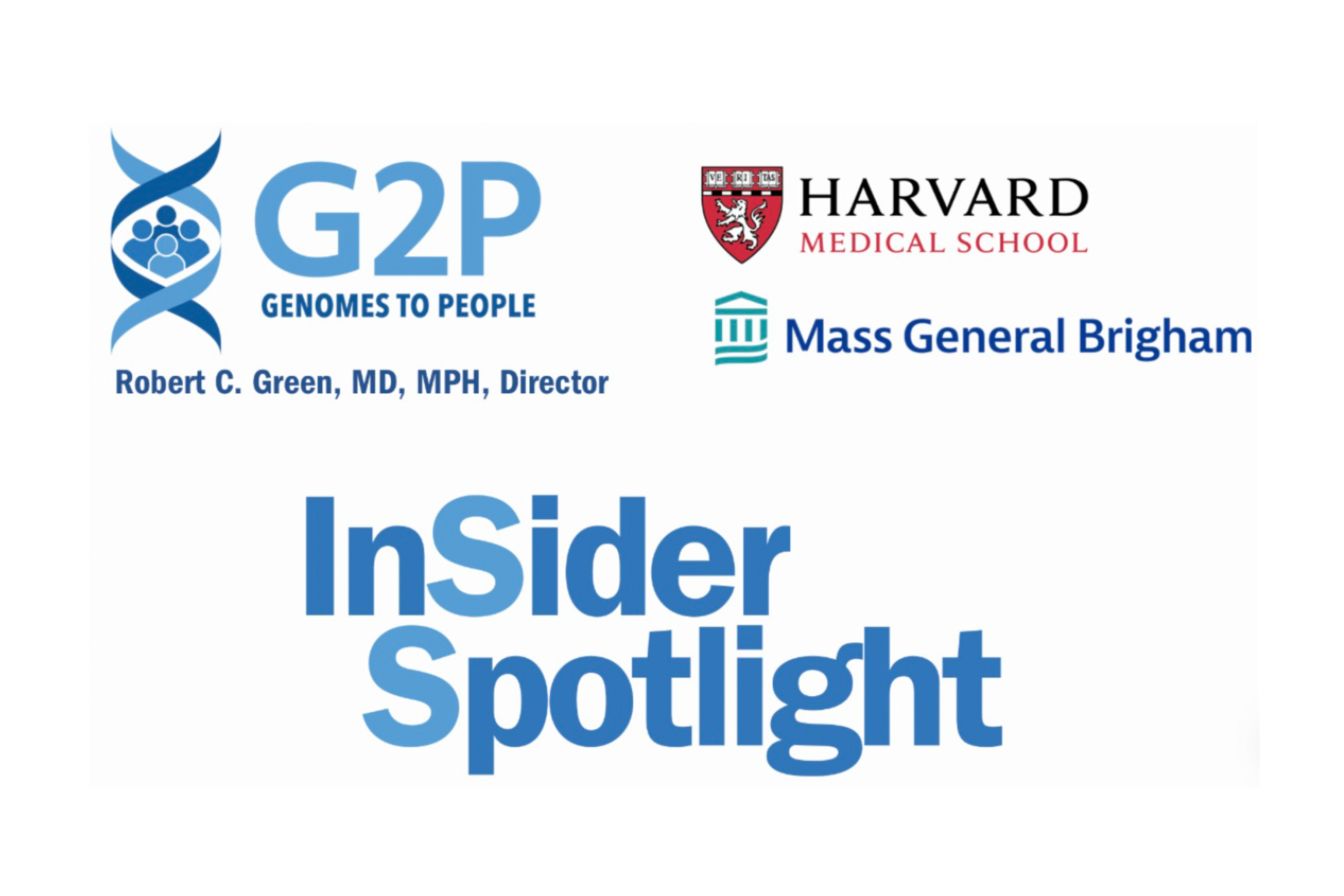
Our September newsletter features the 2024 meeting of the International Consortium on Newborn Sequencing, a recent publication in Nature Medicine featuring the BabySeq Project and a new blog post from guest blogger, Rev Carolyn Philstrom, about her son’s newborn screening story. We also highlight a recent article about the long-standing mentorship between Drs. Robert Green … Continued

“Mentorship and collaboration are both fundamental to academic medicine. They’re also central themes in the longstanding professional relationship between Mass General Brigham medical geneticists Robert Green, MD, MPH, a senior researcher at Brigham and Women’s Hospital and Nina Gold, MD, an early-stage faculty member at Massachusetts General Hospital.”

“Similar rates of genetic variants have been reported across demographic groups participating in the BabySeq1 and BabySeq2 projects, according to a new analysis presented at the National Society of Genetic Counselors annual meeting here last week.”
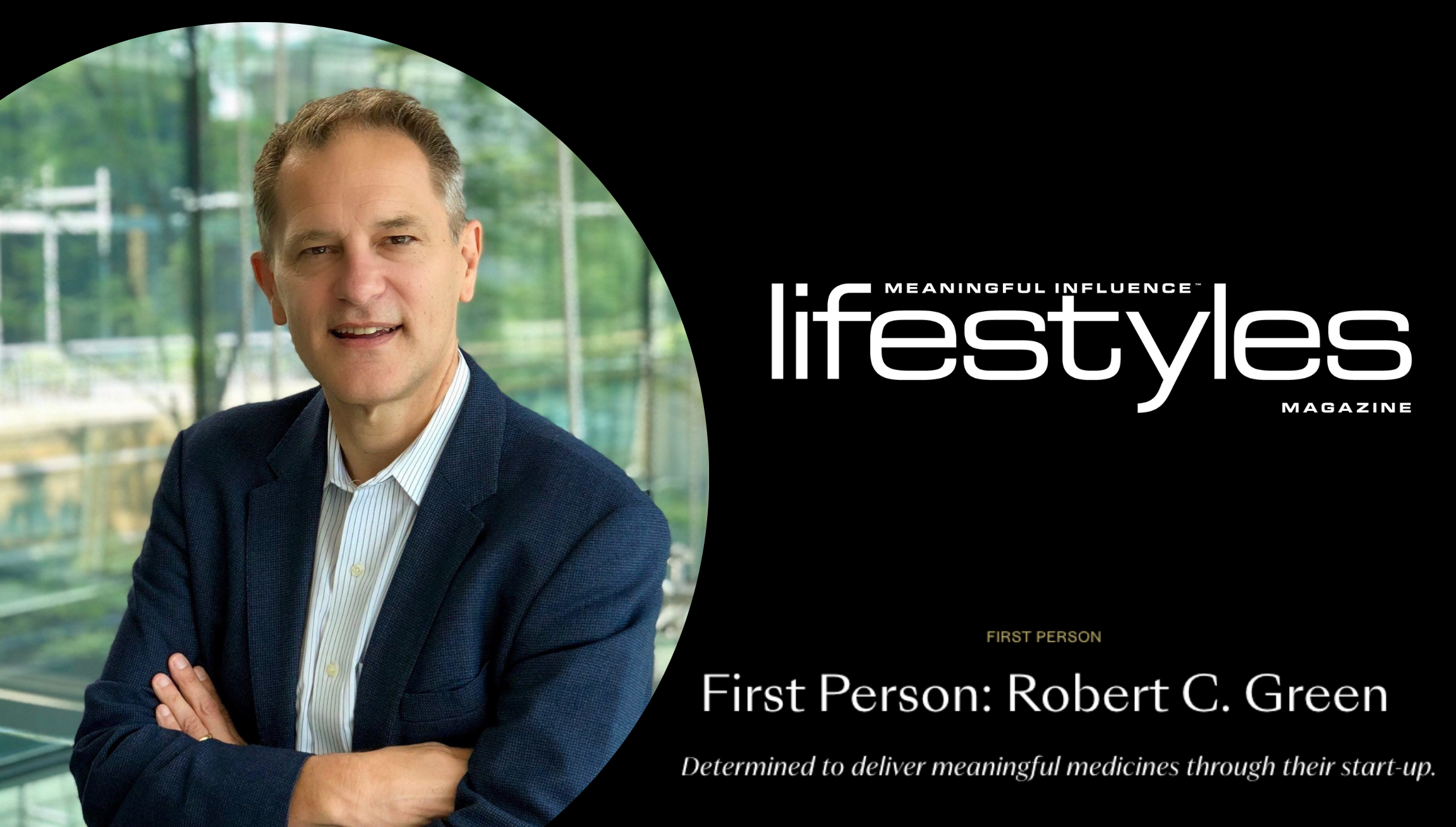
Robert C. Green, MD, MPH writes a piece for Lifestyles Magazine on the promise of preventive genomics. Dr. Green draws on his experience researching preventive genomics over the past 20 years and his experience launching Nurture Genomics, a start-up delivering genome sequencing to newborns and children.

“Scientists have made great strides in predicting the genetic risk of common diseases. Figuring out what to do with that information may be just as hard.” In this piece from Harvard Medicine, Robert Green, MD, MPH discusses the clinical utility of polygenic risk scores, drawing on his experience returning these results to patients in the … Continued

In this recent editorial, Nature Medicine argues that every baby deserves access to genetic screening. There are currently several international studies underway—including the Generation Study, Guardian Study, and the BabySeq Project—that are evaluating the utility and challenges of implementing routine expanded newborn genetic screening. Nature Medicine concludes that while newborn sequencing has great potential to … Continued
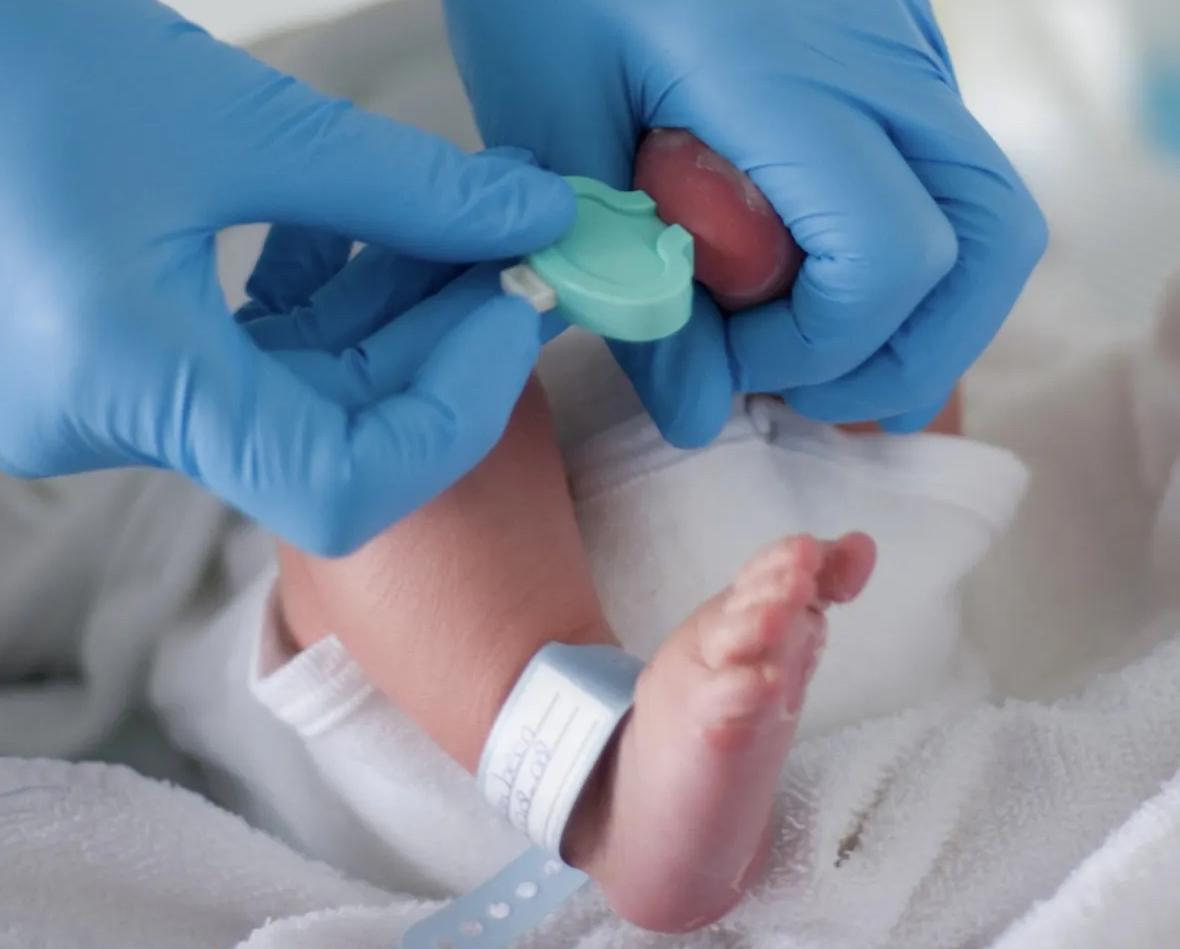
Visiting researcher, José Manuel González de Aledo Castillo, speaks on what newborn sequencing programs can learn from conventional newborn screening in his recent blog entitled “The Second Revolution of Newborn Screening.” He advocates for a future in which newborn sequencing and traditional newborn screening can work together in a complementary manner to ultimately reduce costs … Continued
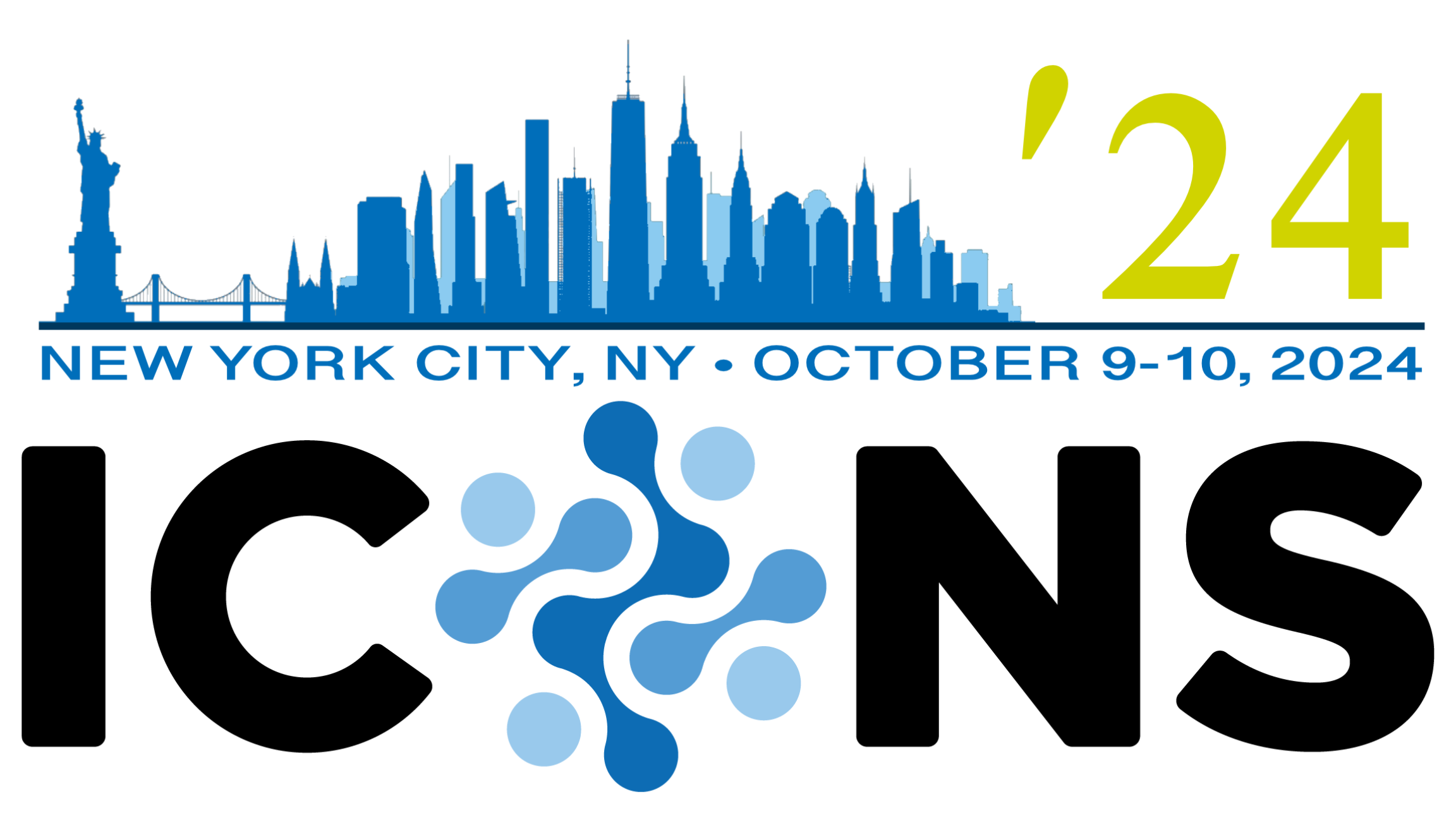
Our June newsletter highlights the upcoming International Conference on Newborn Sequencing and several stories from recent trainees! Other updates include two new publications from G2P team members, Sophia Adelson and Anna Lewis. Finally, we give a shout out to the members of our team who will be Running4Research at the upcoming 10K in Boston.
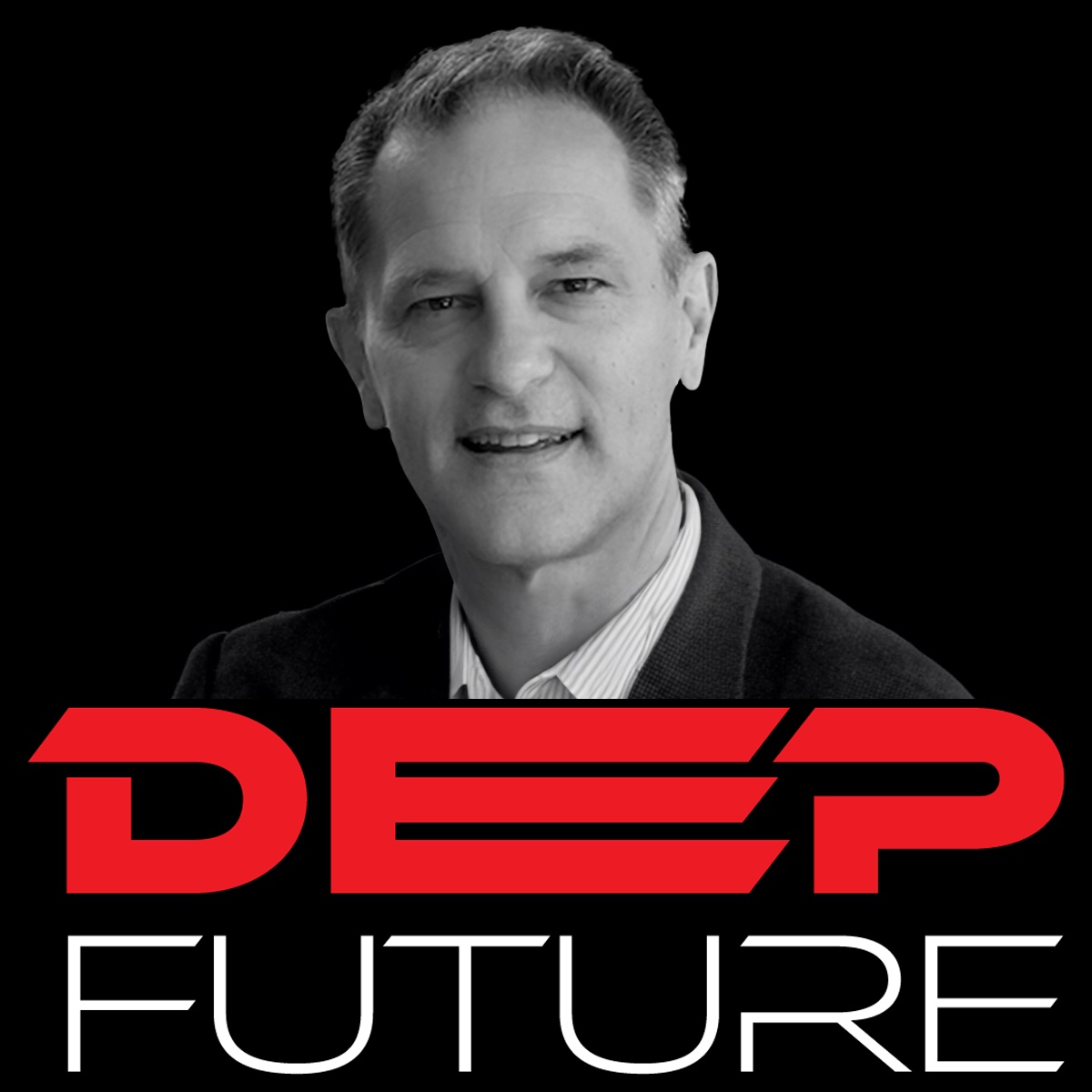
Robert Green joins Pablos Holman on the Deep Future podcast to discuss the promise of genome sequencing in children. He draws upon his work from the BabySeq Project and from his new start-up company, Nurture Genomics, where he uses genomic screening in infants to detect and mitigate actionable genetic conditions.